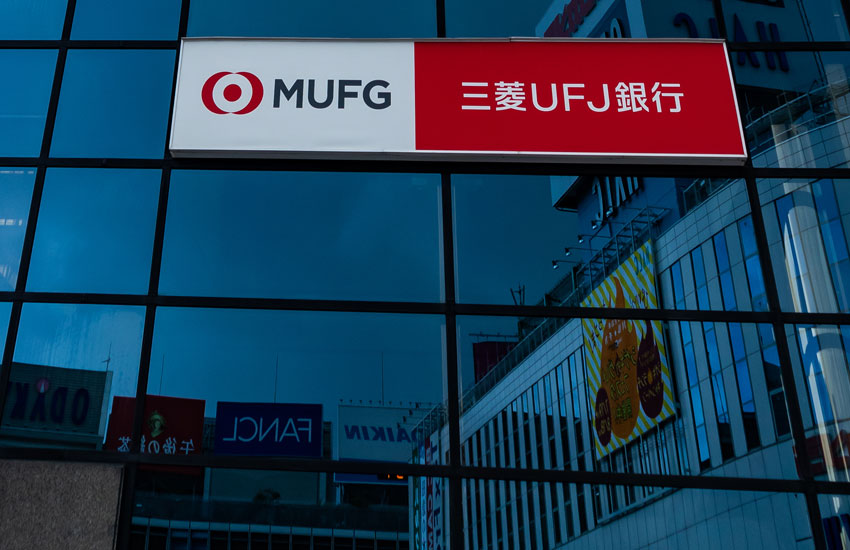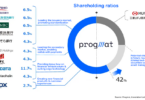On Friday, MUFG Trust announced plans to use its blockchain-based Progmat security token platform to issue asset-backed securities (ABS). The tokens will involve real estate with Kenedix as the property asset manager. SBI Securities and Nomura Securities will underwrite the security token offering (STO) and sell the tokens to investors. The solution essentially tokenizes real estate but is compliant with Japanese law.
Back in 2019, MUFG announced the creation of the Security Token Research Association (SRA) and as part of that, created a group to focus on asset-backed securities. All the companies mentioned here are part of that group. The SRA started with 22 members, but now the association boasts more than 50 participants.
How it works
Real estate is placed into a fund, with Kenedix as the real estate asset manager and MUFG Trust would issue a beneficiary certificate. In the past, that beneficiary certificate would have been paper-based, but now it is a security token issued using MUFG’s Progmat solution. SBI and Nomura Securities are the underwriters for the issuance and would distribute it to their clients. MUFG Trust also acts as custodian, with the data stored on the Progmat platform.
Meanwhile, many incumbents in the Japanese securities sector are also participants in a self-regulatory organization, the Japan Security Token Offering Association (JSTOA). All of the project companies are members of the JSTOA.
Additionally, Nomura and Nomura Research founded blockchain tokenization solution BOOSTRY, in which SBI recently invested. BOOSTRY is also used for security token offerings and its initial focus is on bonds. SBI Securities has itself used the platform to issue a bond security token.
Compared to most countries, Japan is starting to push security tokens. That’s partly because of new regulations enacted in May 2020, which helped provide greater legal clarity to the sector. Prior to that, a security token offering could potentially be covered by both the Payment Services Act (PSA) and Financial Instruments and Exchange Act (FIEA). Now it will usually fall under the FIEA.






